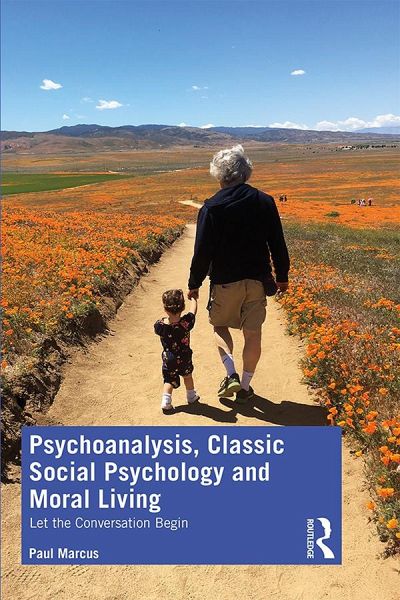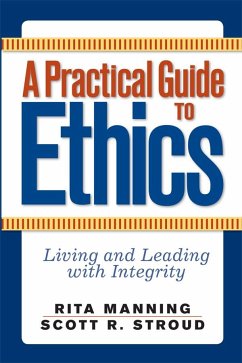
Psychoanalysis, Classic Social Psychology and Moral Living
Let the Conversation Begin
Versandkostenfrei!
Versandfertig in 1-2 Wochen
149,99 €
inkl. MwSt.
Weitere Ausgaben:

PAYBACK Punkte
75 °P sammeln!
In Psychoanalysis, Classic Social Psychology and Moral Living: Let the Conversation Begin, Paul Marcus uniquely draws on psychoanalysis and social psychology to examine what affects the ethical decisions people make in their everyday life.













